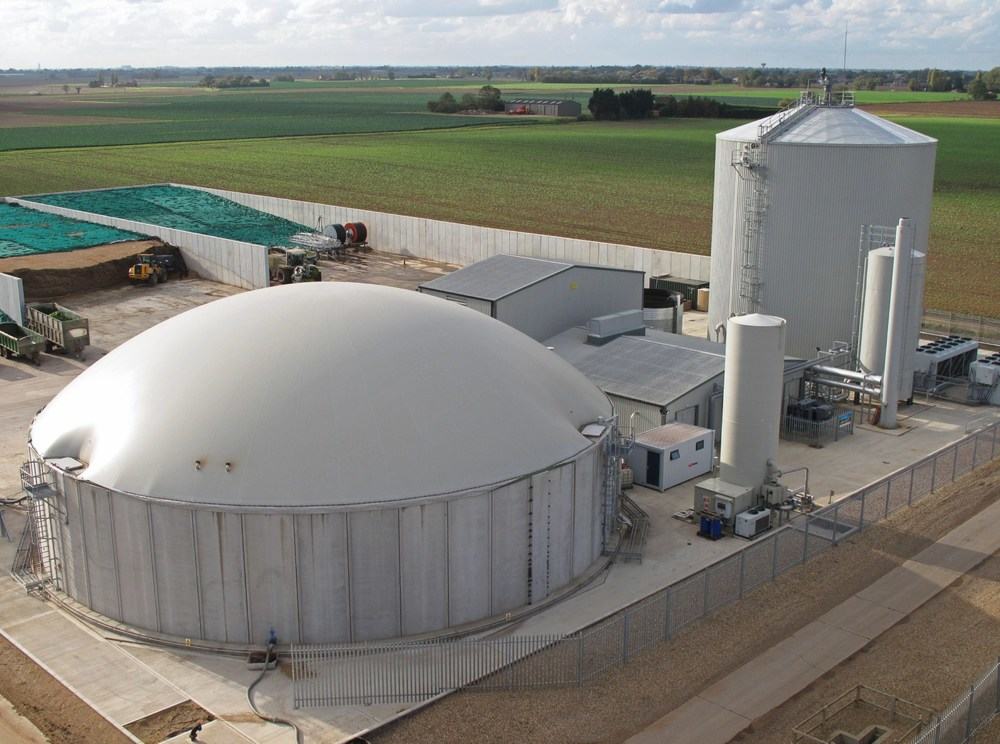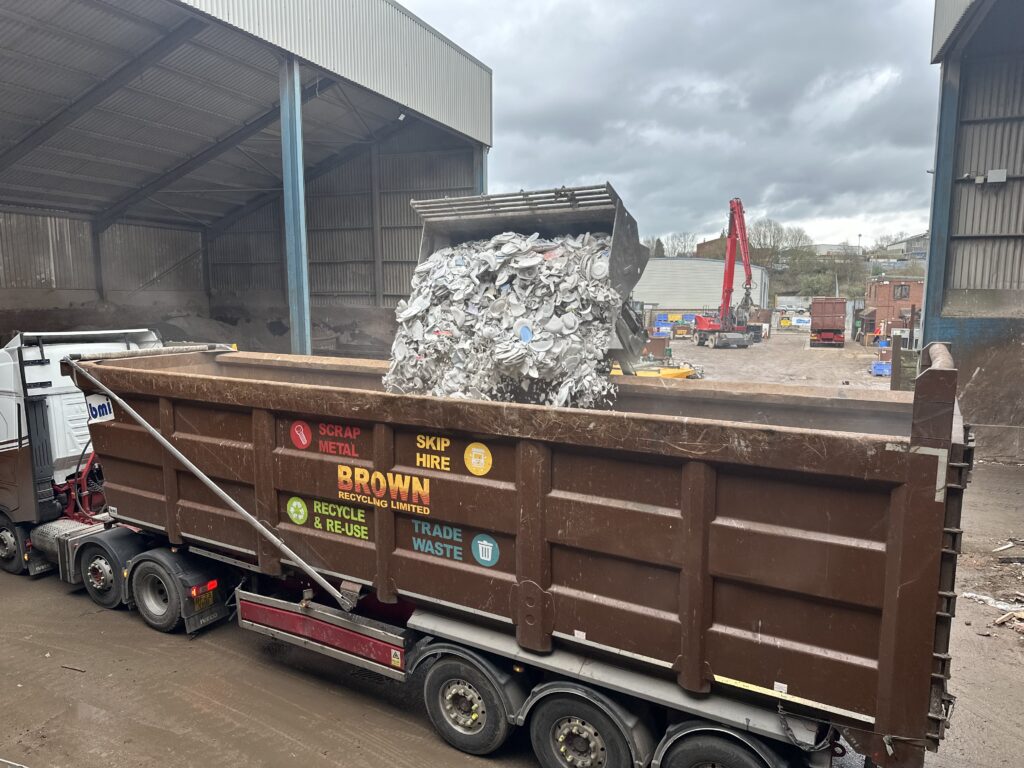
In a declaration sent to the prime minister on 24 June, the trade association committed to working with the government to cut UK emissions, and set out a number of recommendations that would help it do this.
The ABDA claims that the AD sector could cut annual UK emissions by 6% by 2030, if a “supportive policy environment and regulatory framework” is developed.
So far, 48 firms have signed up to the declaration, which coincides with the Climate Change Committee’s (CCC) release of its Progress Report to Parliament 2021.
‘Huge gap’
Charlotte Morton, ADBA’s chief executive, explained: “The CCC has just published its Progress Report to Parliament , which highlights a huge gap between Government ambition and policy reality. The UK AD and biogas industry alone can make up 30% of shortfall required to meet the 5th Carbon Budget by 2030, including mitigating especially harmful methane emissions from organic wastes this decade.
“However, it can only do so if the British Government acts now. Doing so would enable the Prime Minister to show the leadership we need as host of COP26 to encourage all other countries to follow suit.”
She continued: “We thank and congratulate the 48 signatories who have already come forward. ADBA will work with other industry stakeholders to encourage them to sign the Declaration and further demonstrate the industry’s full commitment to helping decarbonise the UK economy – especially across hard-to-decarbonise sectors such as transport, heat and agriculture – and achieve the UK’s climate change goals.”
Recommendations
The Declaration sets out recommendations for the government that it claims could “unlock the industry’s full potential”.

This includes supporting AD in agriculture and the use of biomethane in transport as a low-carbon fuel, in order to decarbonise HGV operations.
It also recommends that funding be given to support “key aspects” of the industry that would deliver a step change in performance.
The full list of recommendations are:
- Create an AD and green gas policy framework as soon as possible that brings together government departments’ work streams into a cohesive support strategy
- Support AD in agriculture, through the introduction of a tariff premium for the treatment of manures and slurries through AD and a renewable biofertiliser obligation
- Support the use of biomethane in transport, through its recognition as a leading low-carbon fuel to decarbonise HGV operations, and better incentives to promote investment in the development of new biomethane plants for transport and refuelling infrastructure
- Support small businesses and community projects in developing a circular economy, using AD to transform local waste into local heat and power
- Establish material hierarchies for all organic wastes with AD as the optimal recycling technology
- Target innovation funding to support key aspects of the industry that would deliver a step change in performance, reducing or eliminating the need for financial support for the sector and improving its international competitiveness











Subscribe for free